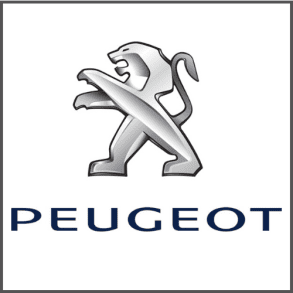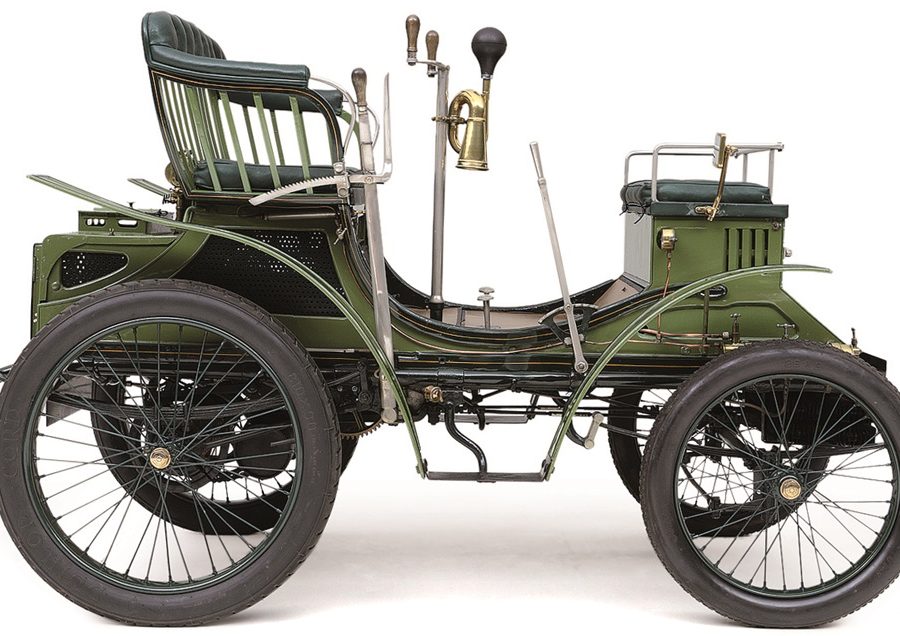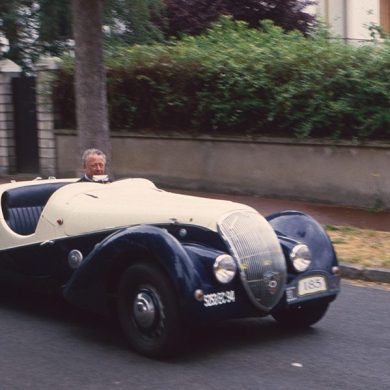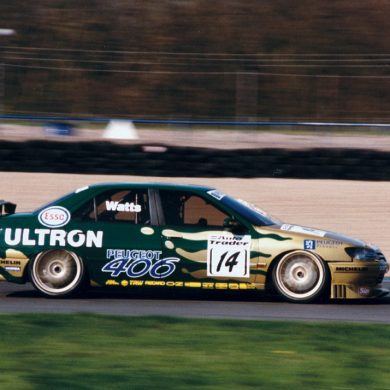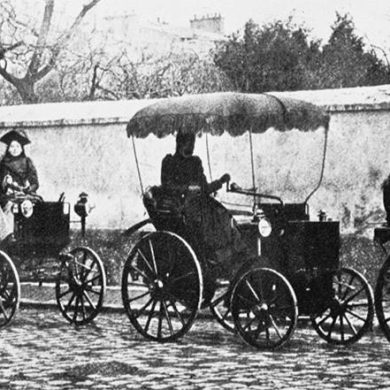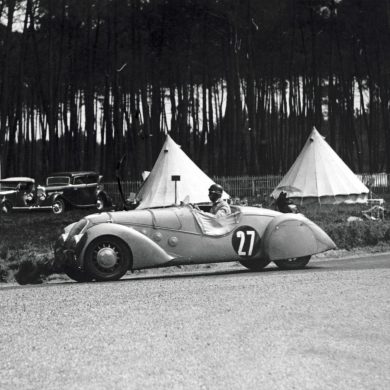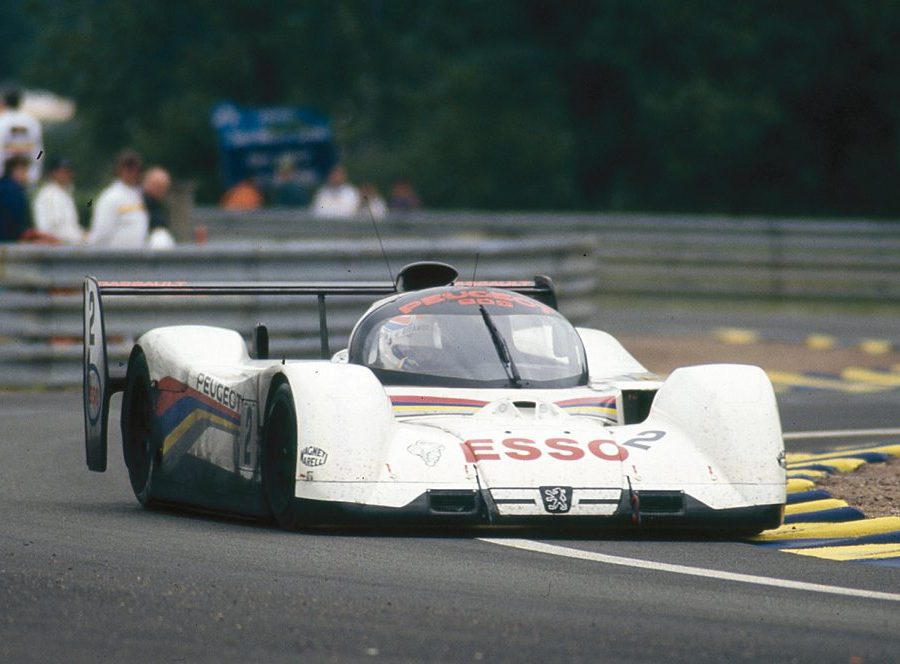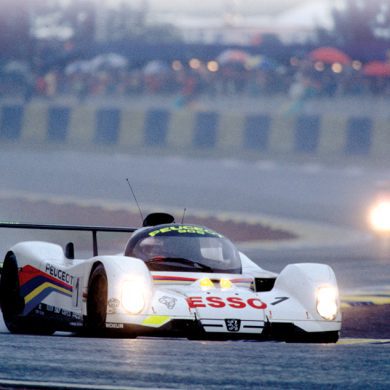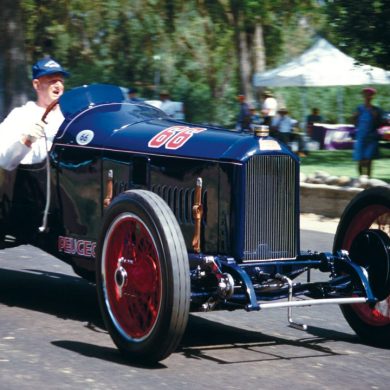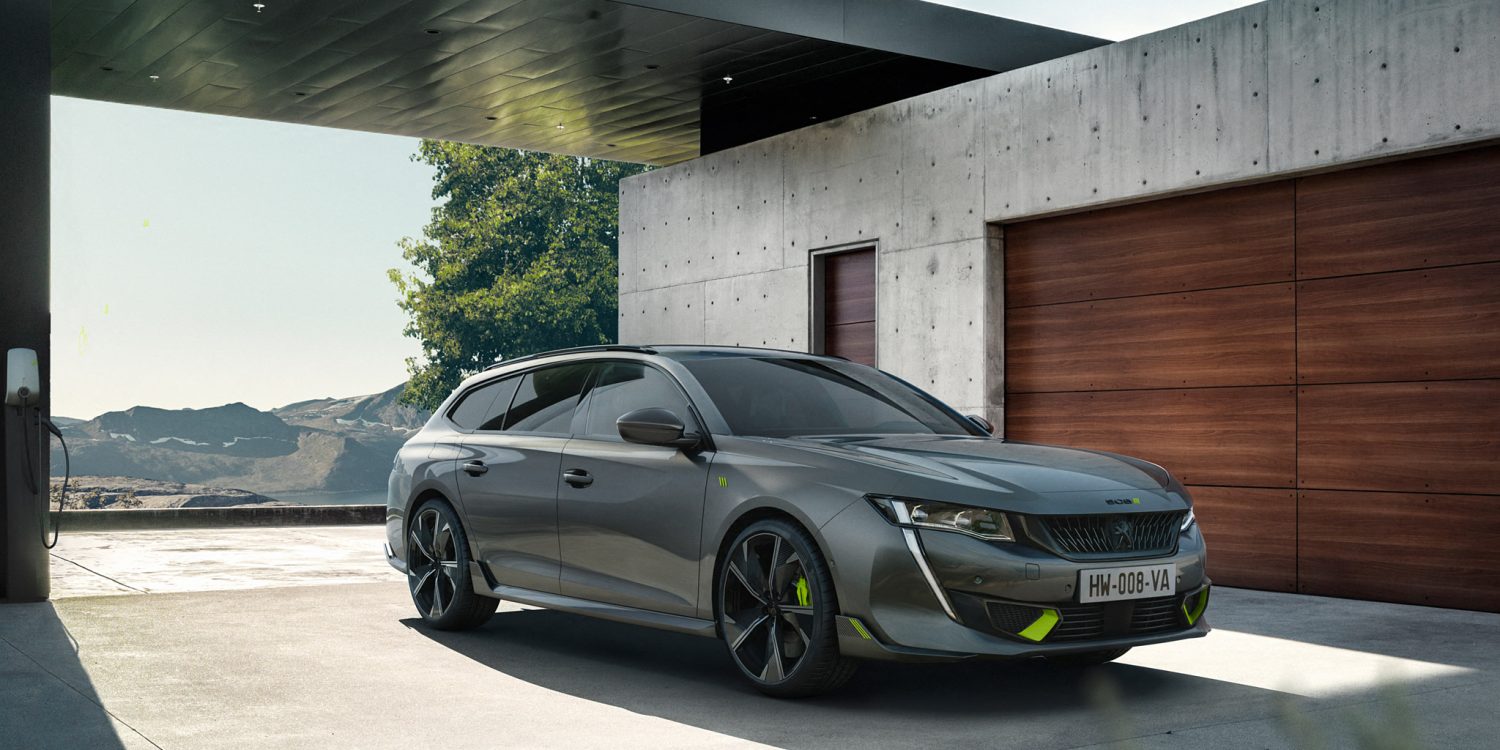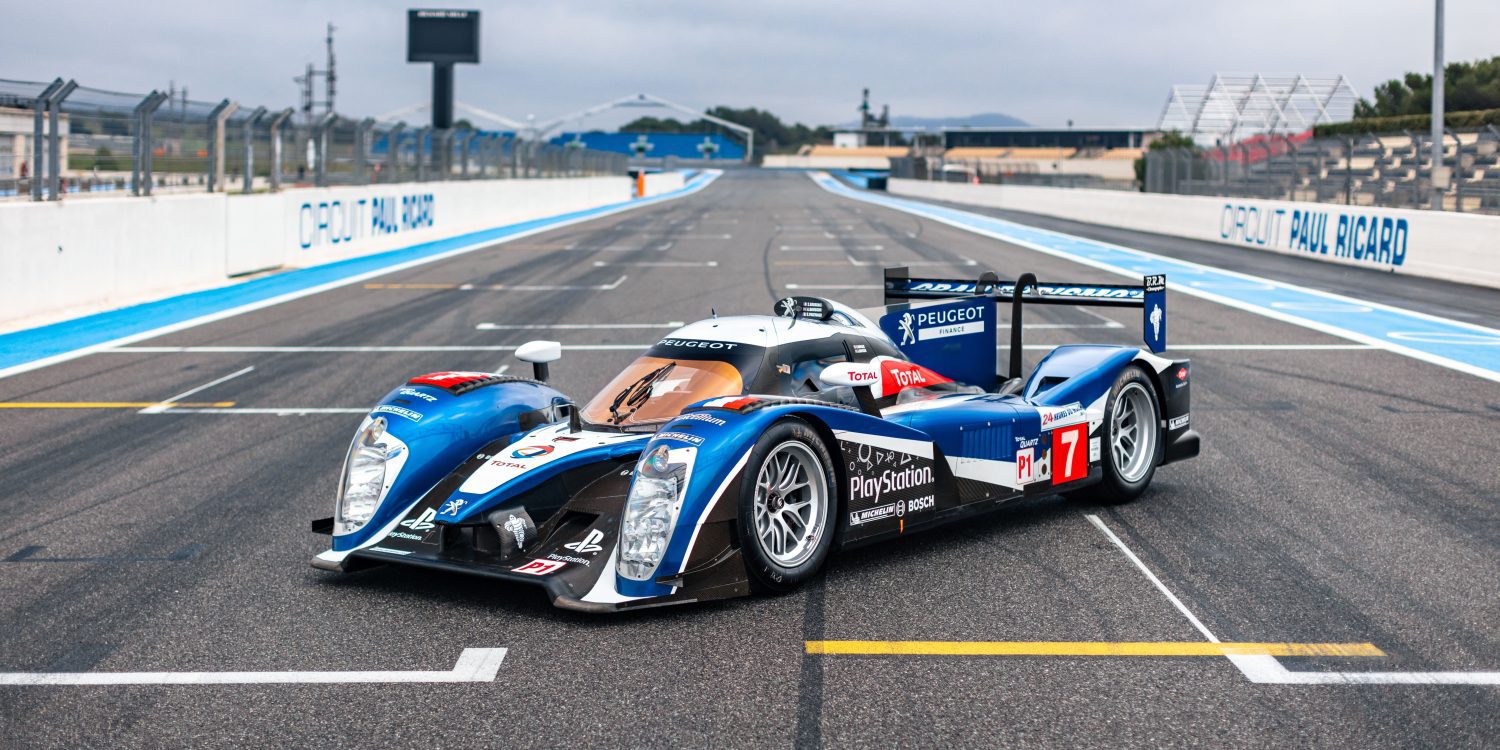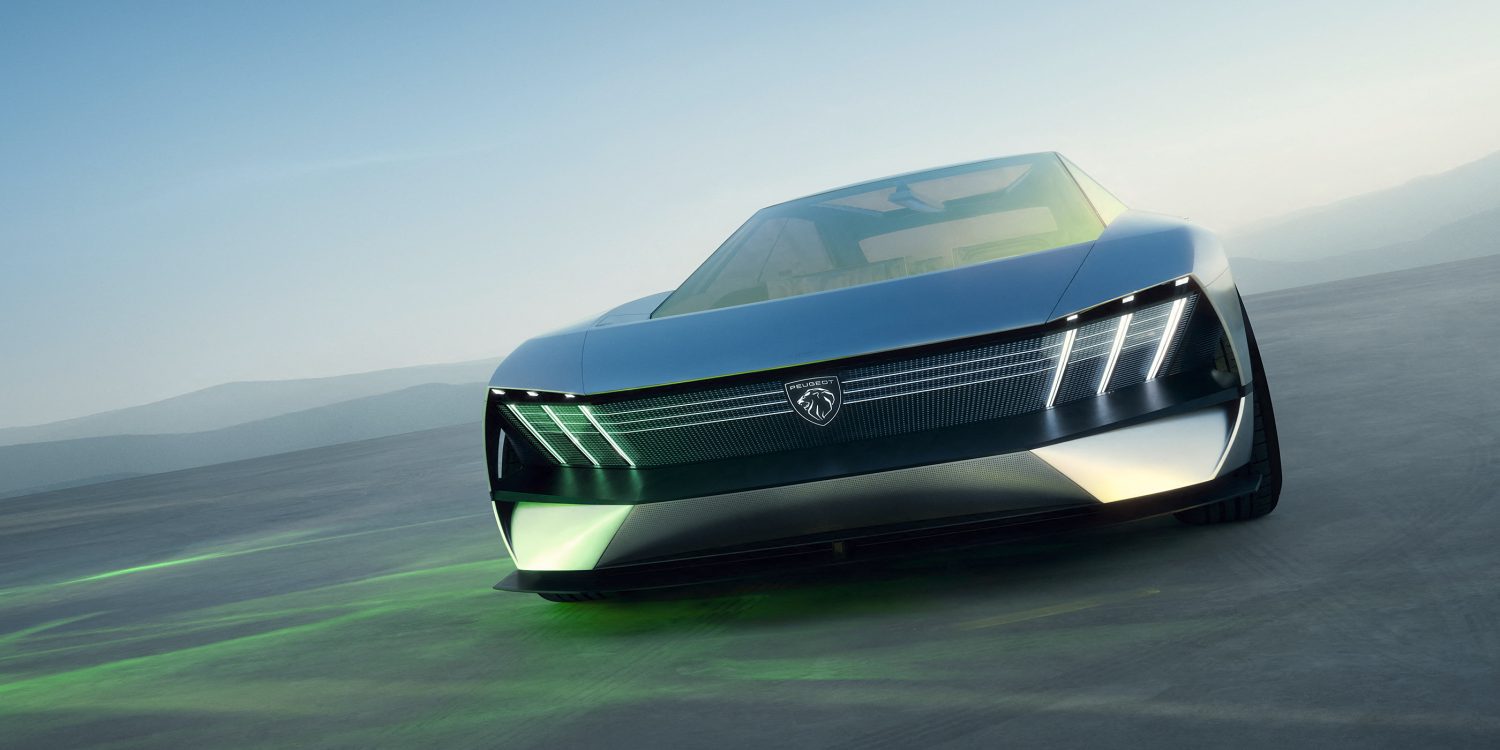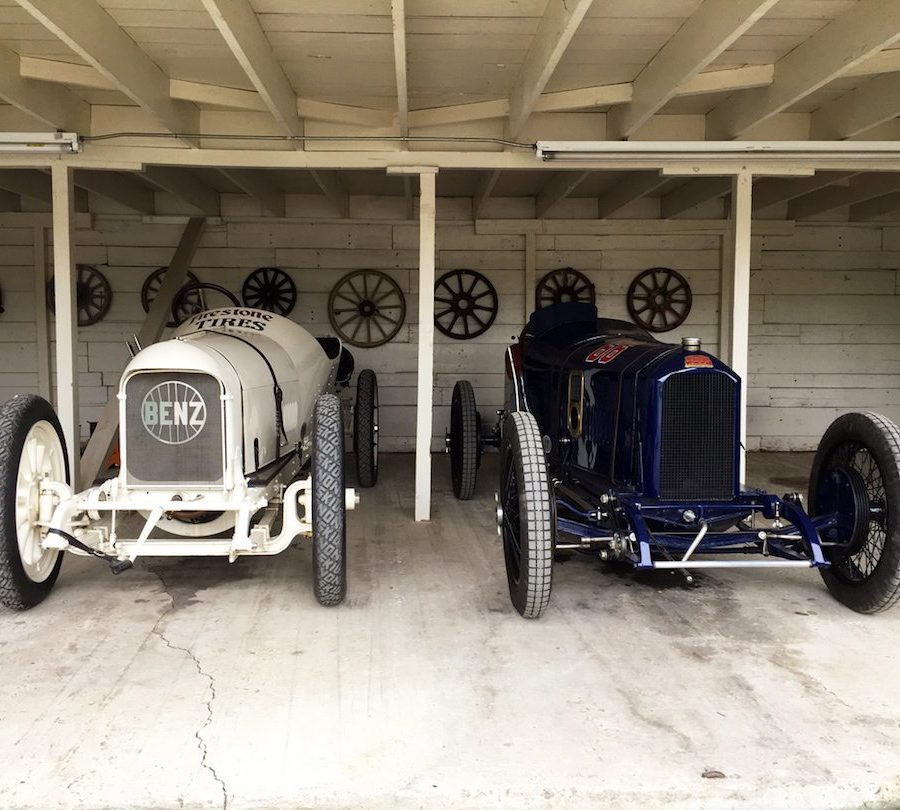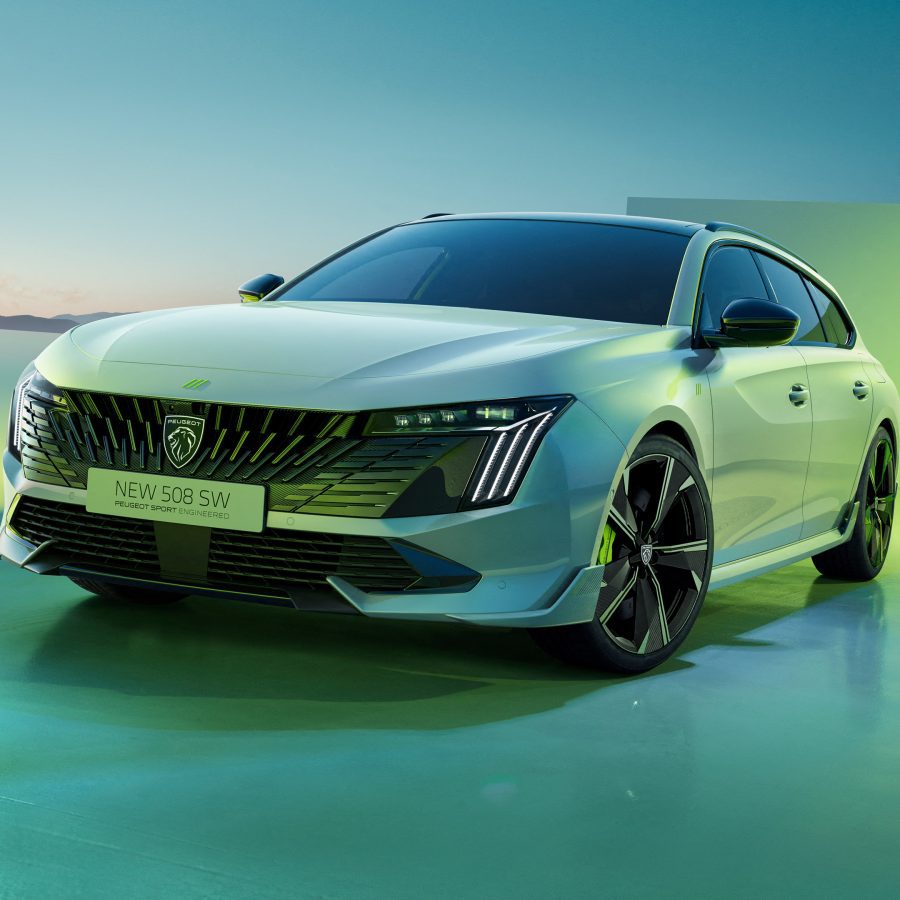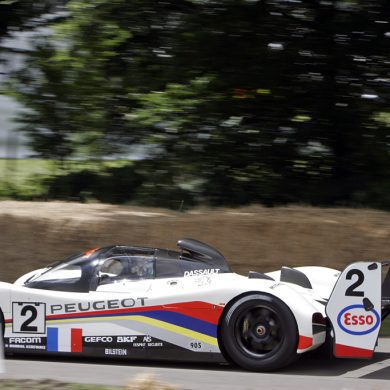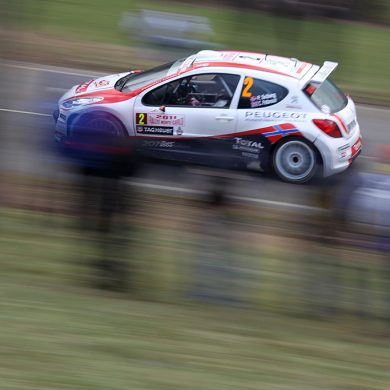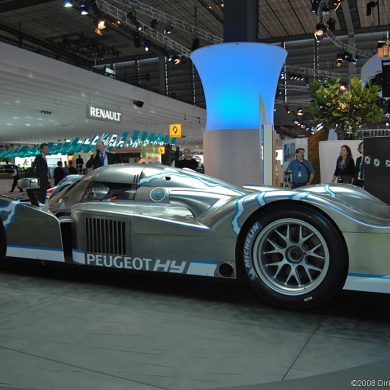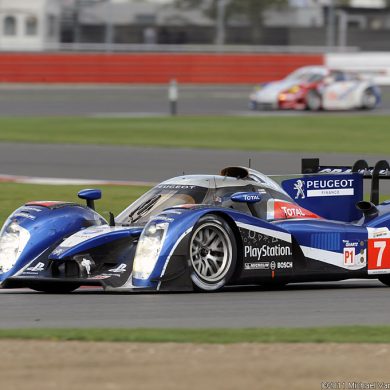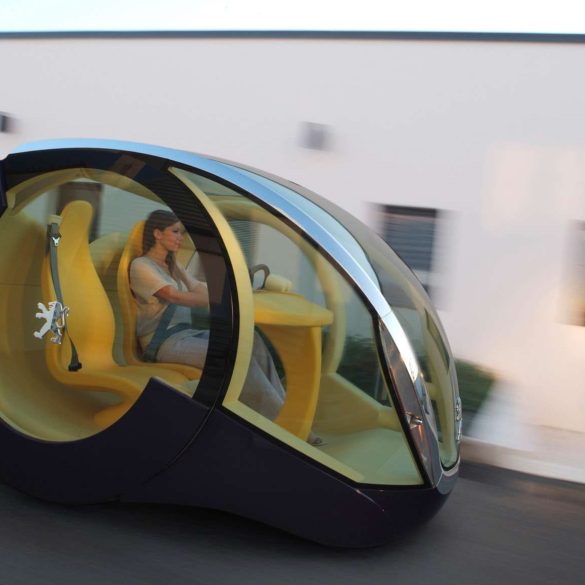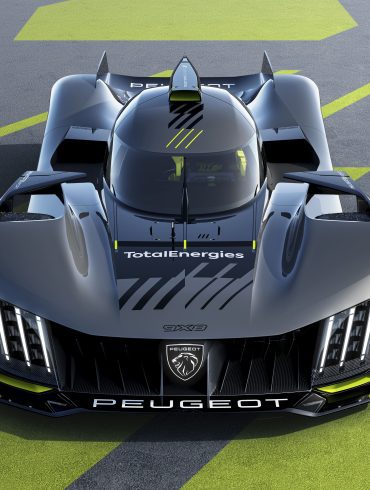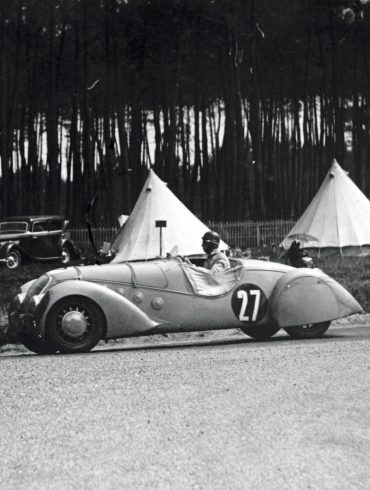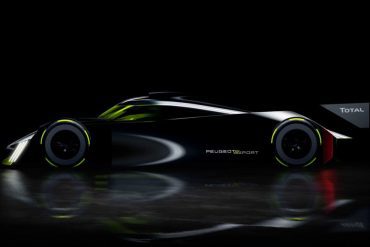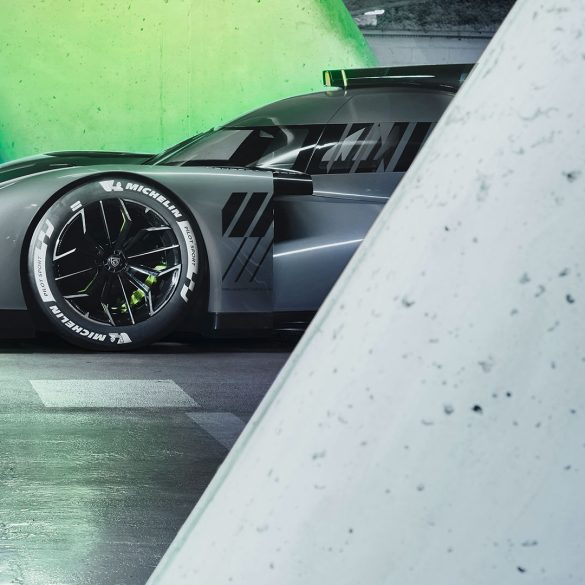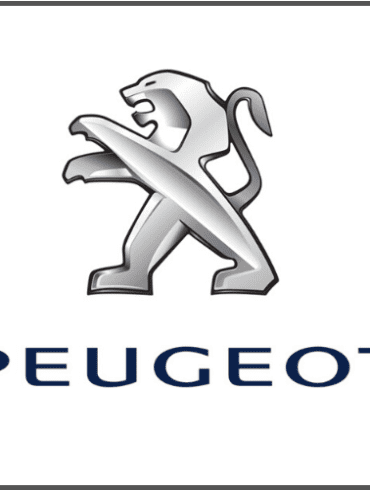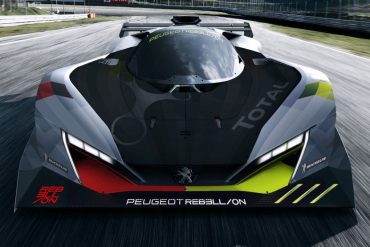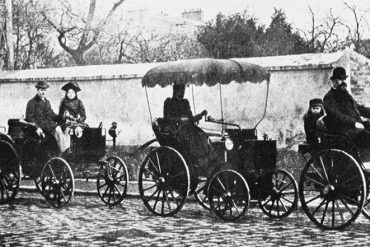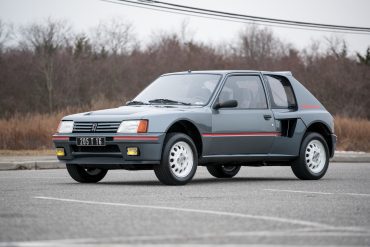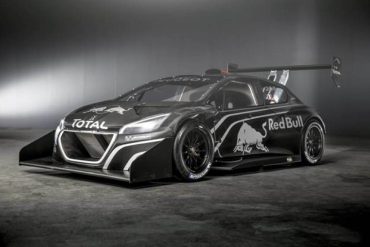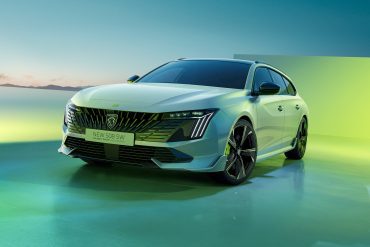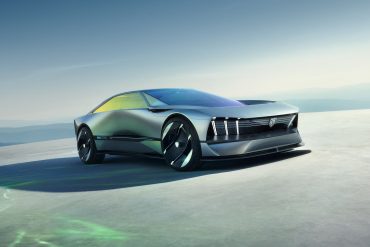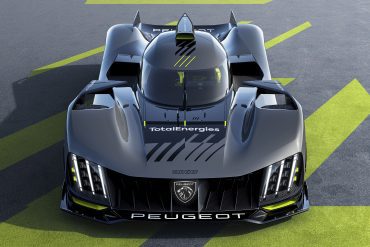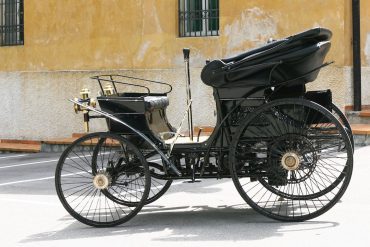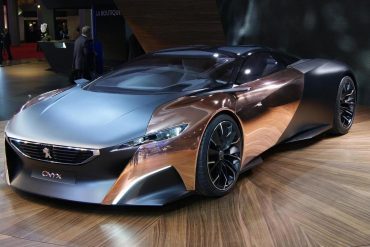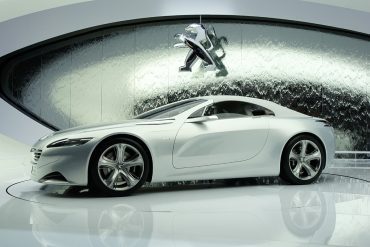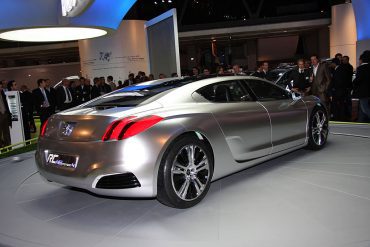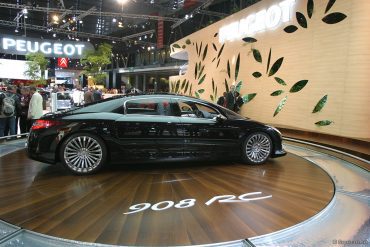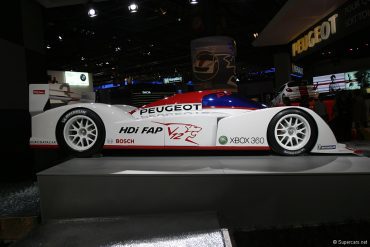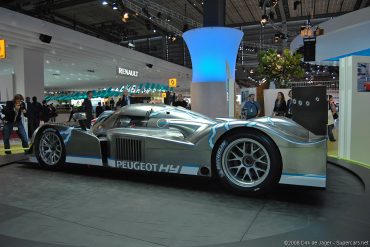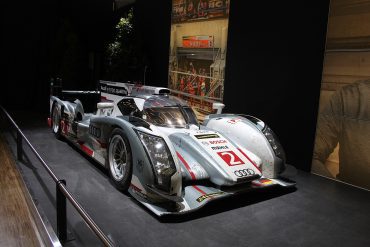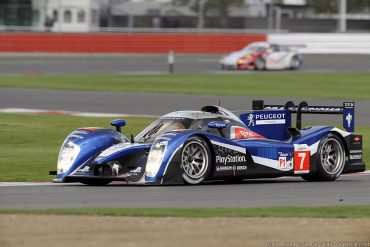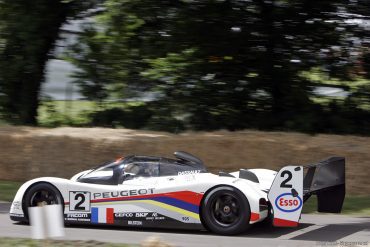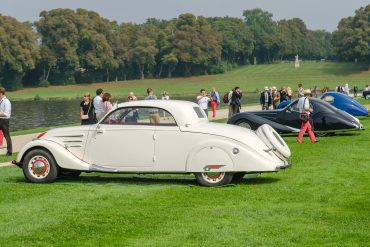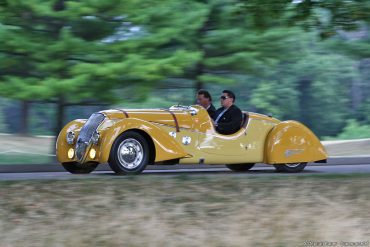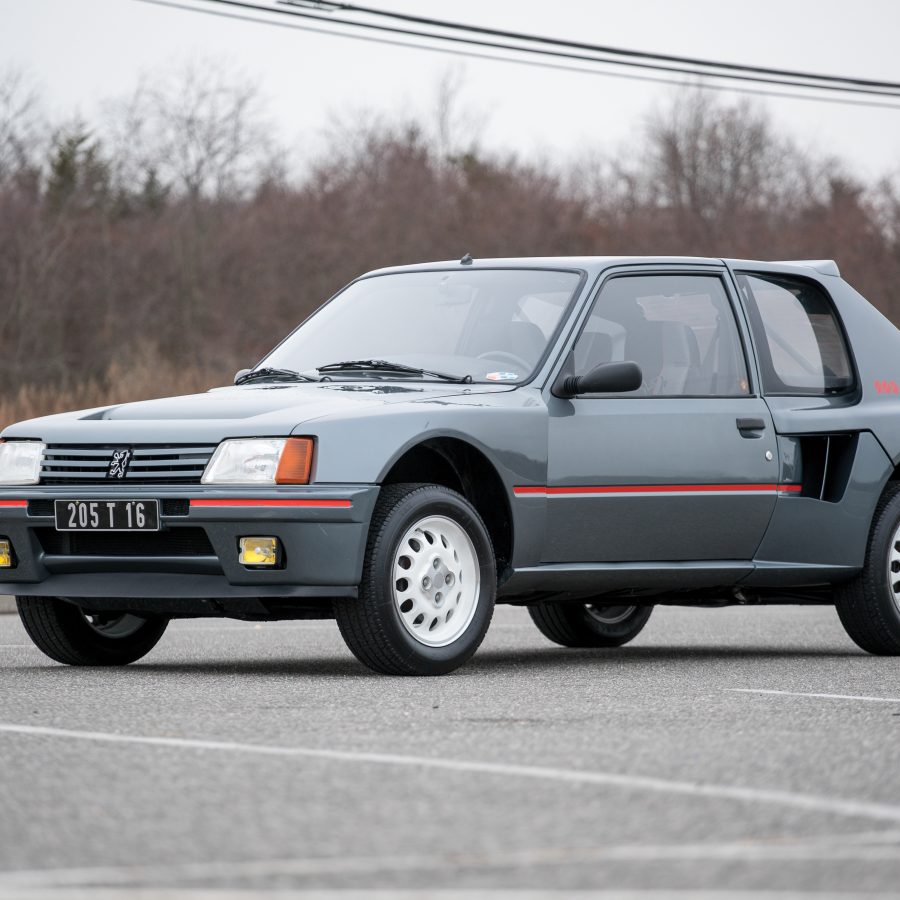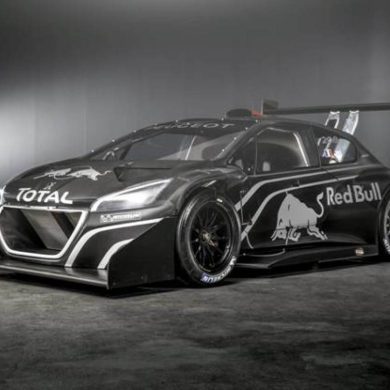Once a French family business that made coffee mills and bikes, Peugeot has become the auto-manufacturer that makes the most iconic small cars we love to thrash.
Armand Peugeot was the family member who built the first Peugeot car in 1889. Armand Peugeot split off the family in 1896 and founded what we know today as Peugeot the car company. 1889 marked the beginning of a rich history characterized by pioneering developments, iconic cars, and remarkable successes on the racing track.
Peugeot's automotive journey began with the Type 1, a steam-powered tricycle developed in collaboration with Léon Serpollet, a French engineer. The switch to gasoline engines soon followed, with the introduction of the Type 2 in 1890. This marked the start of Peugeot's legacy as a manufacturer of reliable and innovative automobiles.
Over the decades, Peugeot has produced vehicles known for their durability, style, and technology. The Peugeot 205, introduced in 1983, is one such icon, reviving the brand's fortunes during a difficult period. This compact car was not only a commercial success but also a rally legend, dominating the Group B rally with the 205 Turbo 16, which clinched two World Rally Championships.
Another notable model is the Peugeot 504, a robust family car introduced in 1968, celebrated for its advanced technology and classic design. It won the European Car of the Year in 1969 and became renowned for its durability, particularly in harsh environments, which made it especially popular in Africa.
Peugeot's commitment to motorsports has significantly influenced its corporate ethos, driving technological advancements and brand prestige. The Peugeot 905, debuted in 1990 for sports car racing, won the 24 Hours of Le Mans in 1992 and 1993, showcasing Peugeot’s engineering capabilities. Similarly, the Peugeot 908 HDi FAP continued this legacy by winning Le Mans in 2009.
In rallycross, the Peugeot 208 WRX has been a formidable competitor in the World Rallycross Championship, demonstrating the brand's ongoing commitment to motorsports and its ability to adapt and succeed in diverse racing disciplines.
Looking to the future, Peugeot continues to innovate with a focus on sustainability and technology. The transition to electric vehicles (EVs) is a major part of Peugeot's strategy, reflecting its commitment to environmental responsibility. The e-208 model, an electric variant of the popular 208 series, and the hybrid versions of its SUVs, like the 3008, signify Peugeot's shift towards greener technologies.
Additionally, Peugeot's participation in Formula E is a testament to its dedication to future mobility solutions, harnessing the platform to develop advanced electric powertrains and other technologies that benefit their consumer models.
Peugeot Basics
Founded: 1896
Founders: Armand Peugeot
Headquarters: Paris, France
Parent: Groupe PSA
Did You Know?
Peugeot's origins date back to 1810 when they started as a coffee mill manufacturer. It wasn't until 1889 that they produced their first automobile, a steam-powered tricycle. Peugeot holds the title of the world's oldest surviving car brand, with continuous production since the late 19th century.
Peugeot's unique three-digit car naming system, with a zero in the middle, was established in 1929 with the Peugeot 201.
Peugeot's racing pedigree began in the early 20th century, with victories in prestigious events like the Indianapolis 500 in 1913, 1916, and 1919. Peugeot has secured three overall wins at the 24 Hours of Le Mans, in 1992, 1993, and 2009, with their iconic 905 and 908 race cars.
In 2013, Sébastien Loeb shattered the Pikes Peak International Hill Climb record driving the Peugeot 208 T16 Pikes Peak, a purpose-built 875-horsepower beast.


